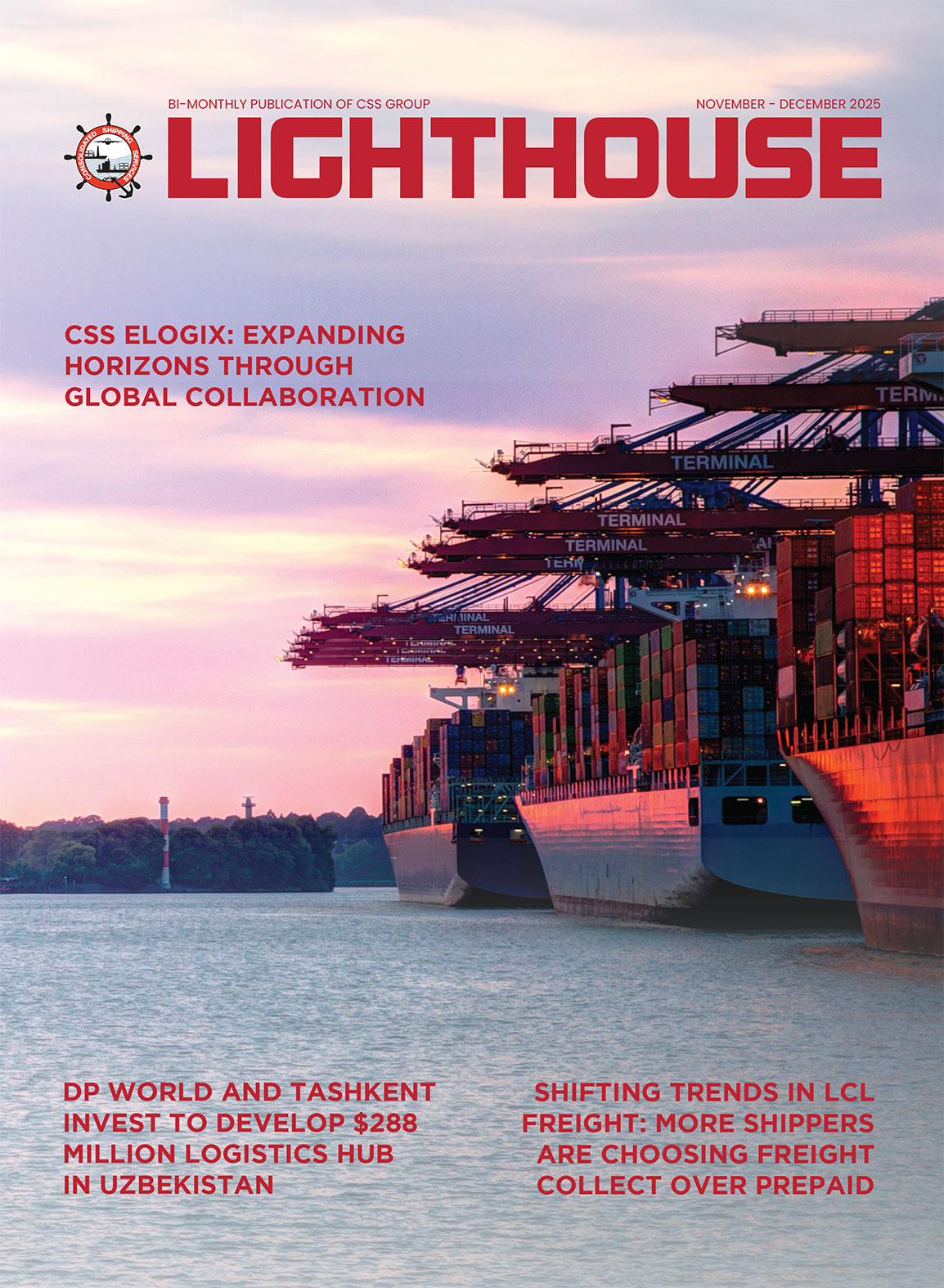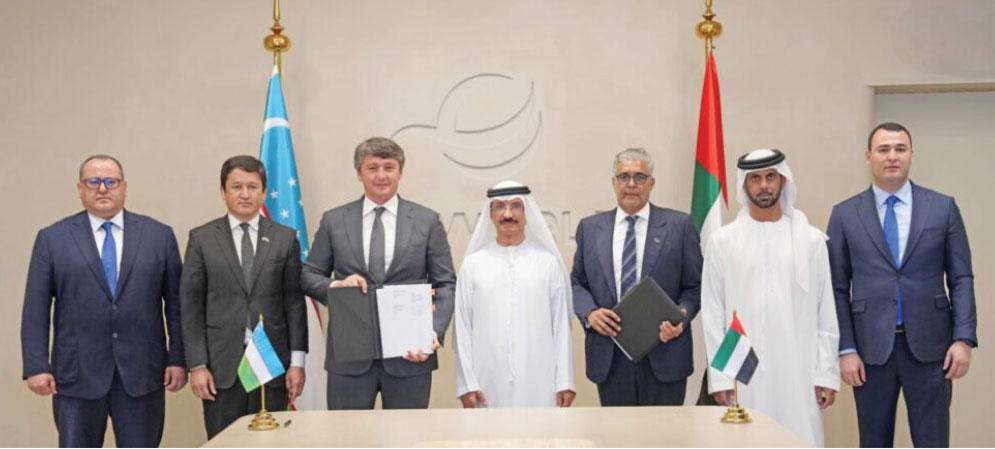 A transformative step in Uzbekistan’s logistics evolution is underway as DP World, the global logistics and port operator, partners with Tashkent Invest, a subsidiary of the Tashkent City Administration, to develop a $288 million multimodal logistics terminal just outside the nation’s capital. The project combines DP World’s global expertise with Uzbekistan’s strategic ambitions to establish the country as Central Asia’s primary trade nerve center.
A transformative step in Uzbekistan’s logistics evolution is underway as DP World, the global logistics and port operator, partners with Tashkent Invest, a subsidiary of the Tashkent City Administration, to develop a $288 million multimodal logistics terminal just outside the nation’s capital. The project combines DP World’s global expertise with Uzbekistan’s strategic ambitions to establish the country as Central Asia’s primary trade nerve center.
Strategic Location Within the Yangi Avlod Special Industrial Zone
The new Tashkent Multimodal Logistics Terminal will be built within the Yangi Avlod Special Industrial Zone, located in the Yangihayot District of Tashkent. The site spans 82 hectares and has been designated as a focal point for industrial and export activity under Uzbekistan’s national development plan.
The terminal will be managed through a newly formed joint venture, DP World Tashkent LLC, with DP World holding an 85% equity share and Tashkent Invest owning the remaining 15%. The collaboration marks one of the most significant foreign logistics investments in Uzbekistan to date, aligning with the government’s economic diversification strategy and its commitment to modernizing the nation’s supply chain infrastructure.
A State-of-the-Art Multimodal Hub
Designed as a fully integrated multimodal logistics complex, the terminal will connect rail, road, and air freight within a single ecosystem. Once complete, it will feature:
1. A rail-connected dry port for containers and covered cargo
2. Customs and bonded zones to streamline international shipments
3. Extensive truck parking and vehicle storage facilities
4. Grade A warehouses with cross-docking areas for high-volume handling
5. A dedicated railway station providing direct access to Uzbekistan’s national rail network
From the site, cargo will enjoy efficient connectivity to major highways and Tashkent International Airport, ensuring swift multimodal transfer between transport systems. This design not only improves trade efficiency but also reduces handling times and overall logistics costs—key factors in regional supply chain competitiveness.
Phased Development and Scalable Capacity
The project will be developed in three phases, with an emphasis on scalability. According to DP World officials, Phase One is scheduled for completion between late 2026 and early 2027.
This initial phase will include:
1. 150,000 TEU handling capacity for rail-based freight
2. Approximately 63,000 square meters of modern warehouse space designed for flexibility and automation
Depending on cargo flow and market demand, later phases could more than triple total capacity, with an additional 163,000 square meters of warehouse area and expanded terminal throughput. Such phased expansion will allow DP World Tashkent LLC to align infrastructure investment with trade growth, ensuring sustainable and efficient scaling of operations.
Supporting Uzbekistan’s Economic Vision
This development is part of Uzbekistan’s broader strategy to diversify its economy, reduce logistics costs, and enhance cross-border connectivity. By integrating advanced logistics technologies and customs processes, the terminal will help local industries gain easier access to export markets while attracting foreign manufacturers seeking efficient inland distribution hubs
DP World has confirmed that the facility will be digitally integrated with its global port and logistics network, giving shippers and partners real-time visibility into cargo movements. This integration is expected to deliver higher reliability and transparency across multimodal routes linking Central Asia, the Middle East, and Europe.
Leadership Perspectives
“This logistics hub will provide the infrastructure and efficiency that modern trade demands while supporting Uzbekistan’s vision to be a regional logistics powerhouse,” said Sultan Ahmed bin Sulayem, Group Chairman and CEO of DP World.
He emphasized that the project reflects the company’s long-term commitment to Central Asia’s economic development, leveraging DP World’s extensive experience managing ports, inland terminals, and smart logistics solutions worldwide.
Echoing this sentiment, Shavkat Umurzakov, Mayor of Tashkent, highlighted the project’s strategic importance: Partnering with DP World enables the city to adopt modern logistics technologies and attract international investors.”
Both leaders underscored that the collaboration will bring world-class standards to Uzbekistan’s logistics sector—driving innovation, creating jobs, and reinforcing Tashkent’s role as a pivotal trade hub between East and West.
Economic and Employment Impact
Beyond its infrastructure value, the Tashkent Multimodal Logistics Terminal is projected to create thousands of construction and operational jobs, boosting local employment and skill development.
Once operational, the facility will serve as a gateway for goods moving across Central Asia, improving the transport of exports such as textiles, agricultural products, and manufactured goods. The terminal’s multimodal structure will significantly enhance trade competitiveness, reduce delivery times, and encourage industrial clustering in surrounding zones.
The project’s customs and tax incentives, offered under the Special Industrial Zone framework, are designed to foster integration between logistics operations, manufacturing, and export processing—strengthening Uzbekistan’s position as a regional distribution hub.
Digital Innovation and Smart Logistics
DP World’s expertise in smart logistics and digital supply chain solutions will drive the hub’s operations. The company plans to implement intelligent terminal management systems, automated cargo tracking, and digital documentation platforms, allowing for faster, paperless processing.
These digital tools will enhance transparency, reduce administrative friction, and provide predictive insights for capacity and route optimization. By merging data analytics with physical infrastructure, DP World aims to create one of the most technologically advanced inland logistics hubs in Central Asia.
In turn, Uzbek exporters and manufacturers will benefit from better visibility, fewer delays, and seamless access to global markets—marking a major leap forward for the nation’s trade facilitation efforts.
Linking Central Asia to Global Supply Chains
Uzbekistan’s geographic position—situated at the crossroads of major Eurasian trade corridors—makes it a natural candidate for logistics integration. The Tashkent terminal will act as a strategic bridge connecting East Asia, the Middle East, and Europe, aligning with key trade initiatives such as the Trans-Caspian International Transport Route (the “Middle Corridor”).
By offering high-capacity, multimodal access points, the new hub will enable regional exporters to reach seaports and global destinations more efficiently. For importers, it will streamline inbound logistics, reducing bottlenecks and improving supply reliability for industries such as automotive, energy, and consumer goods.
Analysts view this as a defining development in Central Asia’s logistics landscape—transforming Uzbekistan from a landlocked nation into a land-linked trade facilitator.
Building the Future of Trade in Central Asia
The project’s long-term benefits extend well beyond physical infrastructure. Once completed, the Tashkent Multimodal Logistics Terminal will serve as a benchmark for integrated logistics development in emerging markets. It is expected to stimulate related sectors—from transportation and warehousing to construction and technology services—contributing to sustained economic growth.
For DP World, the investment aligns with its global strategy to expand inland and digital logistics capabilities beyond traditional port operations. For Uzbekistan, it represents tangible progress in its reform-driven agenda to modernize the economy and strengthen regional trade connectivity.
The partnership between DP World and Tashkent Invest is more than a capital investment—it’s a statement of intent to redefine Central Asia’s logistics future. By combining international expertise, cutting-edge technology, and a strategic location, the Tashkent Multimodal Logistics Terminal is set to become the centerpiece of Uzbekistan’s trade transformation.
Once fully operational, it will handle substantial cargo volumes, deliver unmatched multimodal integration, and position Tashkent as a vital gateway linking Eurasia’s major trade corridors.
In doing so, the project will not only strengthen Uzbekistan’s economy but also reinforce the region’s growing importance in the evolving global supply chain network—a testament to how innovation and collaboration can unlock the full potential of connectivity in the heart of Asia.
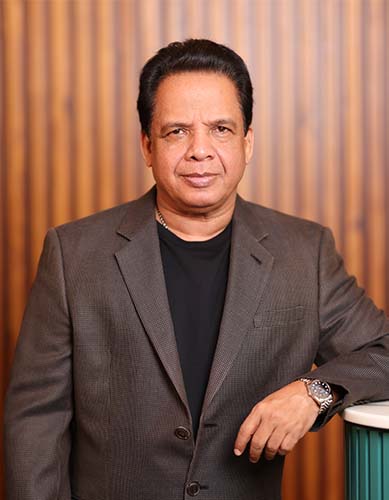
 A transformative step in Uzbekistan’s logistics evolution is underway as DP World, the global logistics and port operator, partners with Tashkent Invest, a subsidiary of the Tashkent City Administration, to develop a $288 million multimodal logistics terminal just outside the nation’s capital. The project combines DP World’s global expertise with Uzbekistan’s strategic ambitions to establish the country as Central Asia’s primary trade nerve center.
A transformative step in Uzbekistan’s logistics evolution is underway as DP World, the global logistics and port operator, partners with Tashkent Invest, a subsidiary of the Tashkent City Administration, to develop a $288 million multimodal logistics terminal just outside the nation’s capital. The project combines DP World’s global expertise with Uzbekistan’s strategic ambitions to establish the country as Central Asia’s primary trade nerve center. I joined Console Shipping Services (CSS Group) in 2018, and it has been an incredible journey ever since. Working with our Qatar team, and with the constant support of our management, we were able to build our NVOCC division from the ground up. Today, we are proud to say that CSS is trusted by almost 95% of the forwarders in Qatar and is now ranked among the top five LCL consolidators in the country.
I joined Console Shipping Services (CSS Group) in 2018, and it has been an incredible journey ever since. Working with our Qatar team, and with the constant support of our management, we were able to build our NVOCC division from the ground up. Today, we are proud to say that CSS is trusted by almost 95% of the forwarders in Qatar and is now ranked among the top five LCL consolidators in the country.
 Colors, Culture, and Competition: The Pookalam Extravaganza
Colors, Culture, and Competition: The Pookalam Extravaganza Every branch of CSS rose to the occasion with creativity and passion, transforming petals into poetry. The Pookalam competition was not just a display of artistic flair—it was a manifestation of our shared values: collaboration, dedication, and cultural pride. Each design told its own story, reflecting Kerala’s deep heritage while highlighting the individual character of each branch.
Every branch of CSS rose to the occasion with creativity and passion, transforming petals into poetry. The Pookalam competition was not just a display of artistic flair—it was a manifestation of our shared values: collaboration, dedication, and cultural pride. Each design told its own story, reflecting Kerala’s deep heritage while highlighting the individual character of each branch.

 Carrying the Onam Spirit Forward
Carrying the Onam Spirit Forward In global trade, the way freight charges are structured has a direct impact on both operational efficiency and financial management. Among the many terms that govern shipping, freight collect and freight prepaid have always been pivotal. Traditionally, exporters preferred prepaid freight—paying charges upfront to ensure smooth delivery and transparent landed costs. However, the tide is changing. Across Less-than-Container-Load (LCL) shipments, more shippers and consignees are opting for freight collect terms. This marks a significant shift in how companies balance cash flow, control, and risk in an increasingly competitive logistics landscape.
In global trade, the way freight charges are structured has a direct impact on both operational efficiency and financial management. Among the many terms that govern shipping, freight collect and freight prepaid have always been pivotal. Traditionally, exporters preferred prepaid freight—paying charges upfront to ensure smooth delivery and transparent landed costs. However, the tide is changing. Across Less-than-Container-Load (LCL) shipments, more shippers and consignees are opting for freight collect terms. This marks a significant shift in how companies balance cash flow, control, and risk in an increasingly competitive logistics landscape.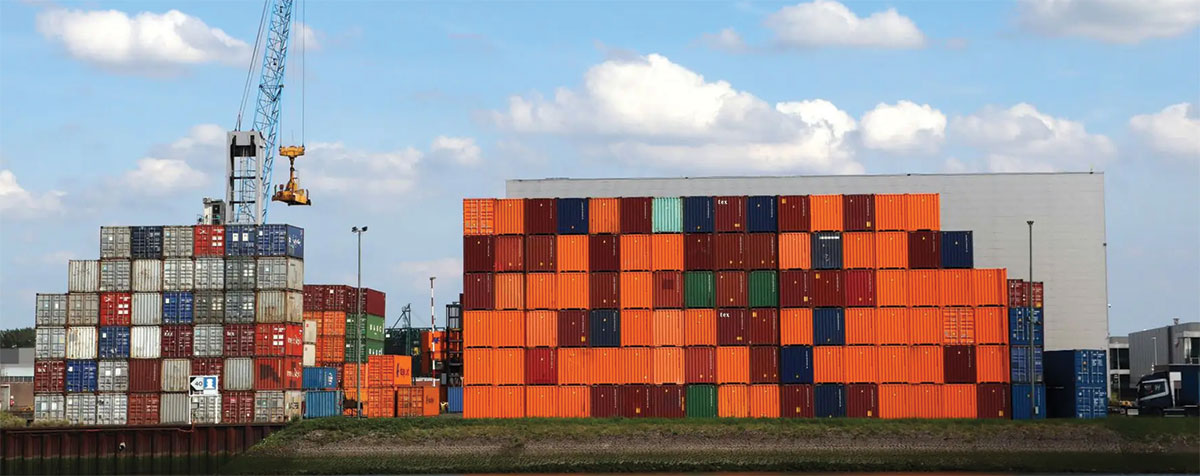 Why are Freight Collect terms gaining ground in LCL Freight?
Why are Freight Collect terms gaining ground in LCL Freight?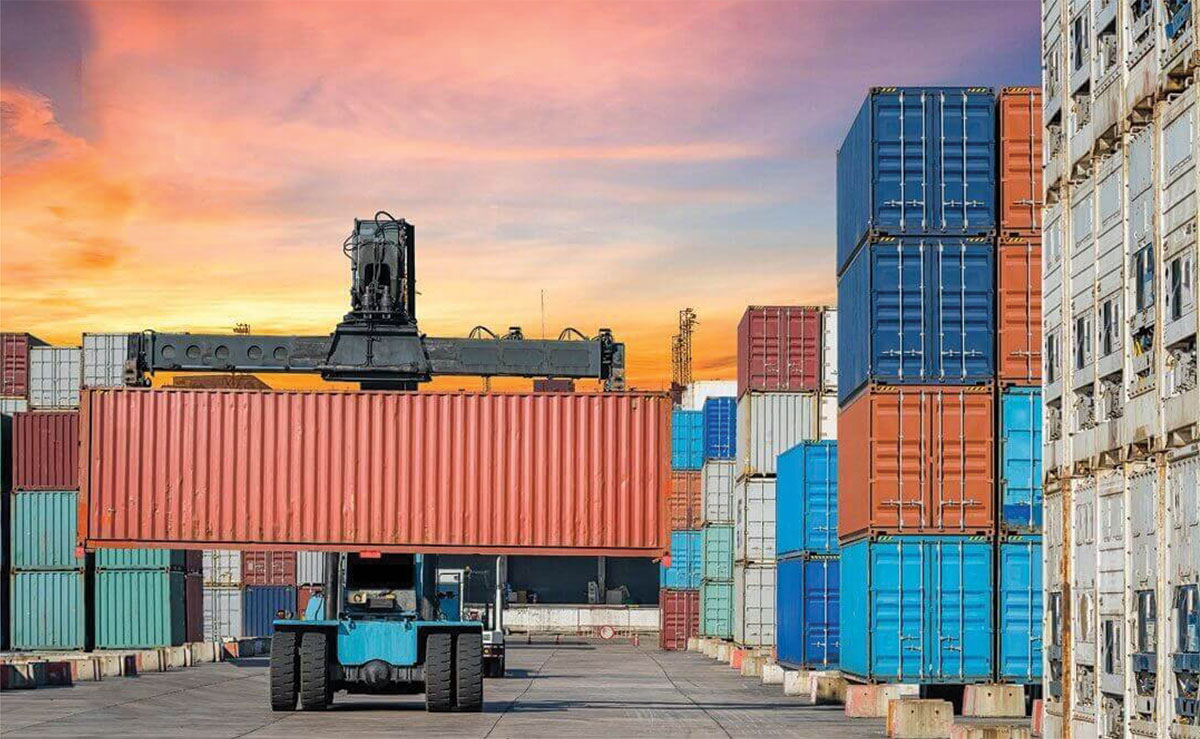 Improved Cash Flow for Exporters:
Improved Cash Flow for Exporters: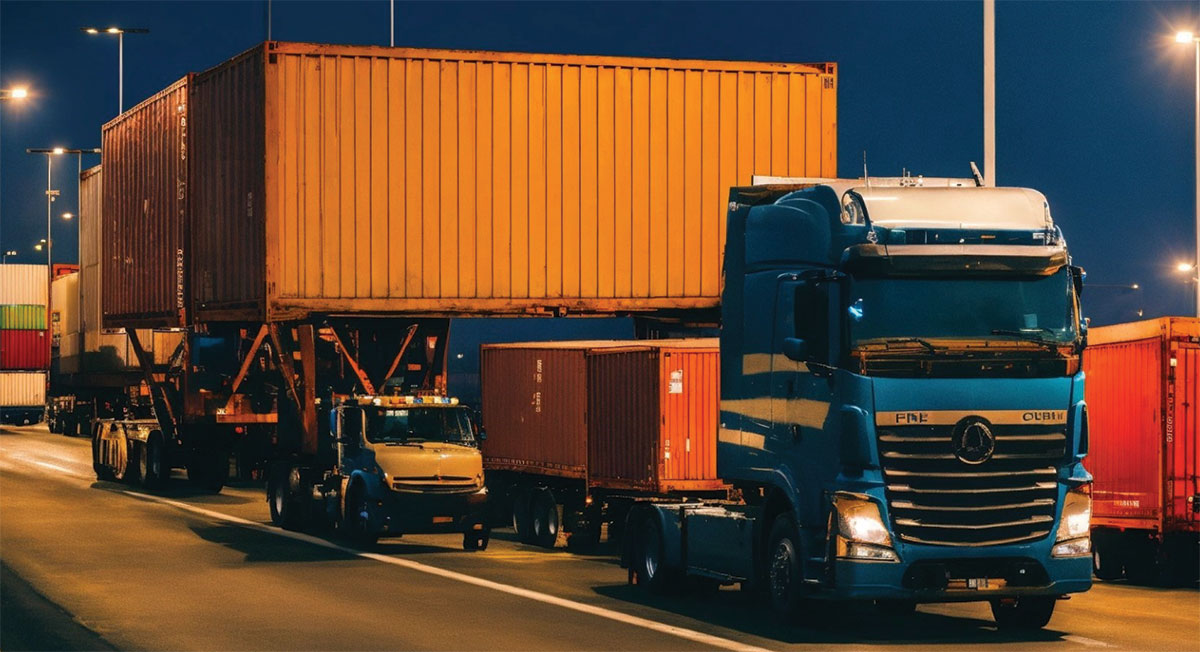 The shift toward freight collect in LCL freight represents more than a billing preference—it signals an evolution in how global trade partners share responsibility and manage risk. In a market where cost efficiency and flexibility are paramount, both exporters and importers are seeking smarter ways to align logistics decisions with their financial goals.
The shift toward freight collect in LCL freight represents more than a billing preference—it signals an evolution in how global trade partners share responsibility and manage risk. In a market where cost efficiency and flexibility are paramount, both exporters and importers are seeking smarter ways to align logistics decisions with their financial goals. The shifting trend from prepaid to collect in LCL freight reflects a broader evolution in trade practices. Businesses today seek not only to move goods efficiently but also to manage finances strategically. Freight collect offers flexibility, empowers buyers with cost control, and helps exporters conserve cash flow—all key priorities in a world defined by fast-moving supply chains and fluctuating freight markets. As we look ahead, the success of this model will depend on transparency, communication, and mutual trust. When these elements align, freight collect becomes more than just a payment method—it becomes a partnership model that enhances efficiency, strengthens trade relationships, and keeps global commerce moving smoothly
The shifting trend from prepaid to collect in LCL freight reflects a broader evolution in trade practices. Businesses today seek not only to move goods efficiently but also to manage finances strategically. Freight collect offers flexibility, empowers buyers with cost control, and helps exporters conserve cash flow—all key priorities in a world defined by fast-moving supply chains and fluctuating freight markets. As we look ahead, the success of this model will depend on transparency, communication, and mutual trust. When these elements align, freight collect becomes more than just a payment method—it becomes a partnership model that enhances efficiency, strengthens trade relationships, and keeps global commerce moving smoothly The Lean Management Training Workshop, organised by Ajith Menon, brought together our middle managers and warehouse supervisors for a focused half-day session on operational excellence. Designed to strengthen awareness and provide practical skills, the workshop emphasized three pillars: waste reduction, process flow, and time management. With a strong mix of theory and hands-on learning, it offered our teams a chance to pause, reflect, and reimagine the daily work practices.
The Lean Management Training Workshop, organised by Ajith Menon, brought together our middle managers and warehouse supervisors for a focused half-day session on operational excellence. Designed to strengthen awareness and provide practical skills, the workshop emphasized three pillars: waste reduction, process flow, and time management. With a strong mix of theory and hands-on learning, it offered our teams a chance to pause, reflect, and reimagine the daily work practices. A key strength of the workshop was its balanced format, combining theoretical learning with practical application.
A key strength of the workshop was its balanced format, combining theoretical learning with practical application.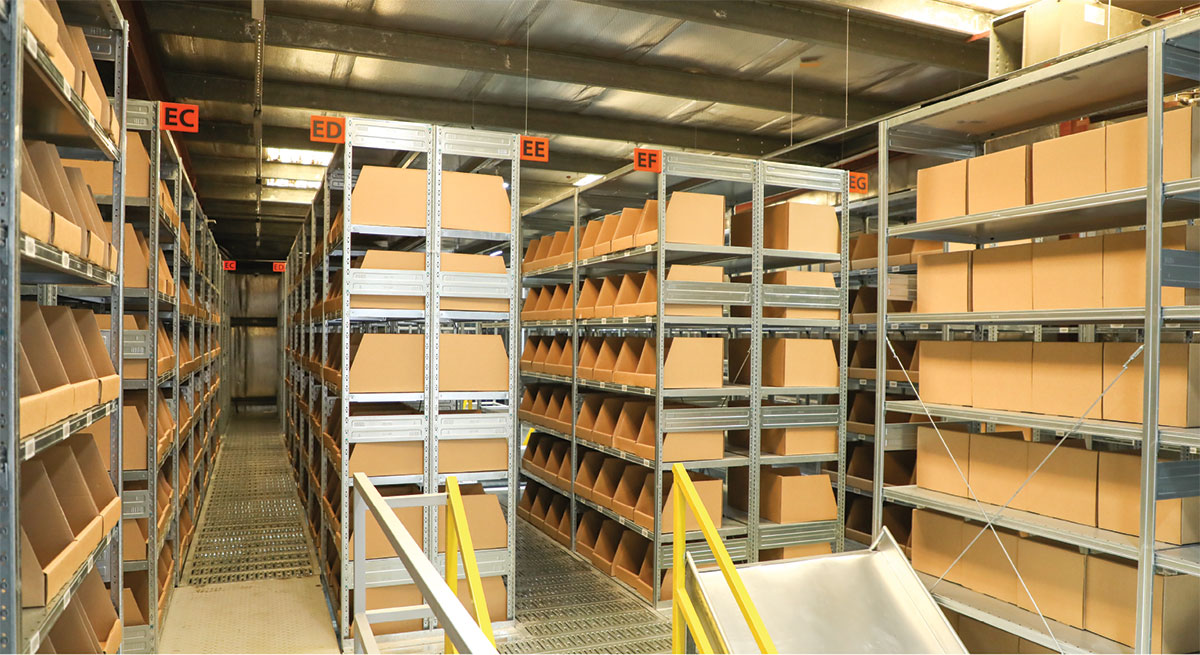 In today’s fast-moving world of e-commerce, businesses seek partners who not only understand logistics but also share their drive for innovation, efficiency, and growth. In a major strategic move aimed at transforming global e-commerce logistics, CSS eLogix has entered into a partnership with FulfilX, a UK-based third-party logistics (3PL) innovator. The collaboration marks a significant step toward building an integrated, cross-border fulfilment network connecting the Middle East and Europe.
In today’s fast-moving world of e-commerce, businesses seek partners who not only understand logistics but also share their drive for innovation, efficiency, and growth. In a major strategic move aimed at transforming global e-commerce logistics, CSS eLogix has entered into a partnership with FulfilX, a UK-based third-party logistics (3PL) innovator. The collaboration marks a significant step toward building an integrated, cross-border fulfilment network connecting the Middle East and Europe. FulfilX was founded after recognizing the need for change in the 3PL market. Having worked with major international brands, their founders were frustrated by impersonal service models and rigid operational structures that often limited business potential. They envisioned something different — a 3PL company that sees every client as a partner rather than a transaction.
FulfilX was founded after recognizing the need for change in the 3PL market. Having worked with major international brands, their founders were frustrated by impersonal service models and rigid operational structures that often limited business potential. They envisioned something different — a 3PL company that sees every client as a partner rather than a transaction.

